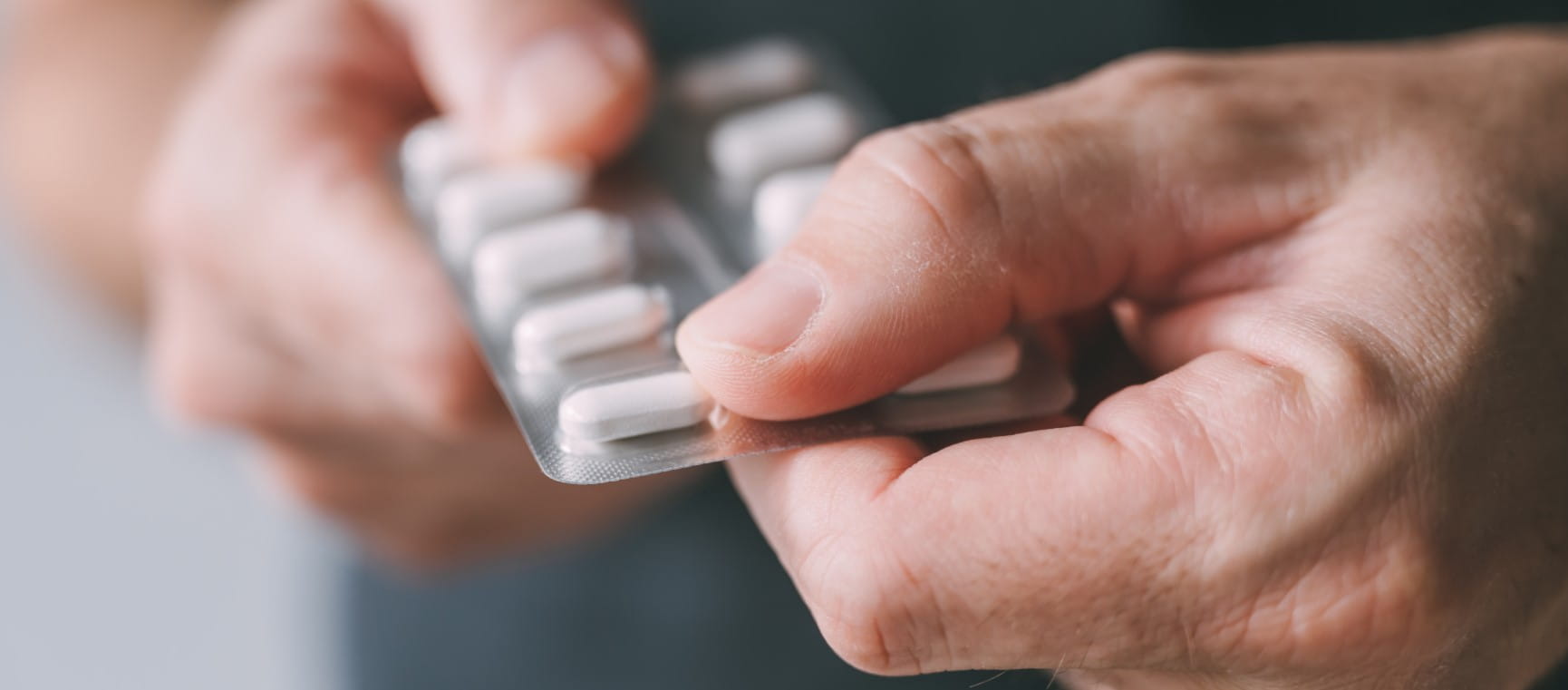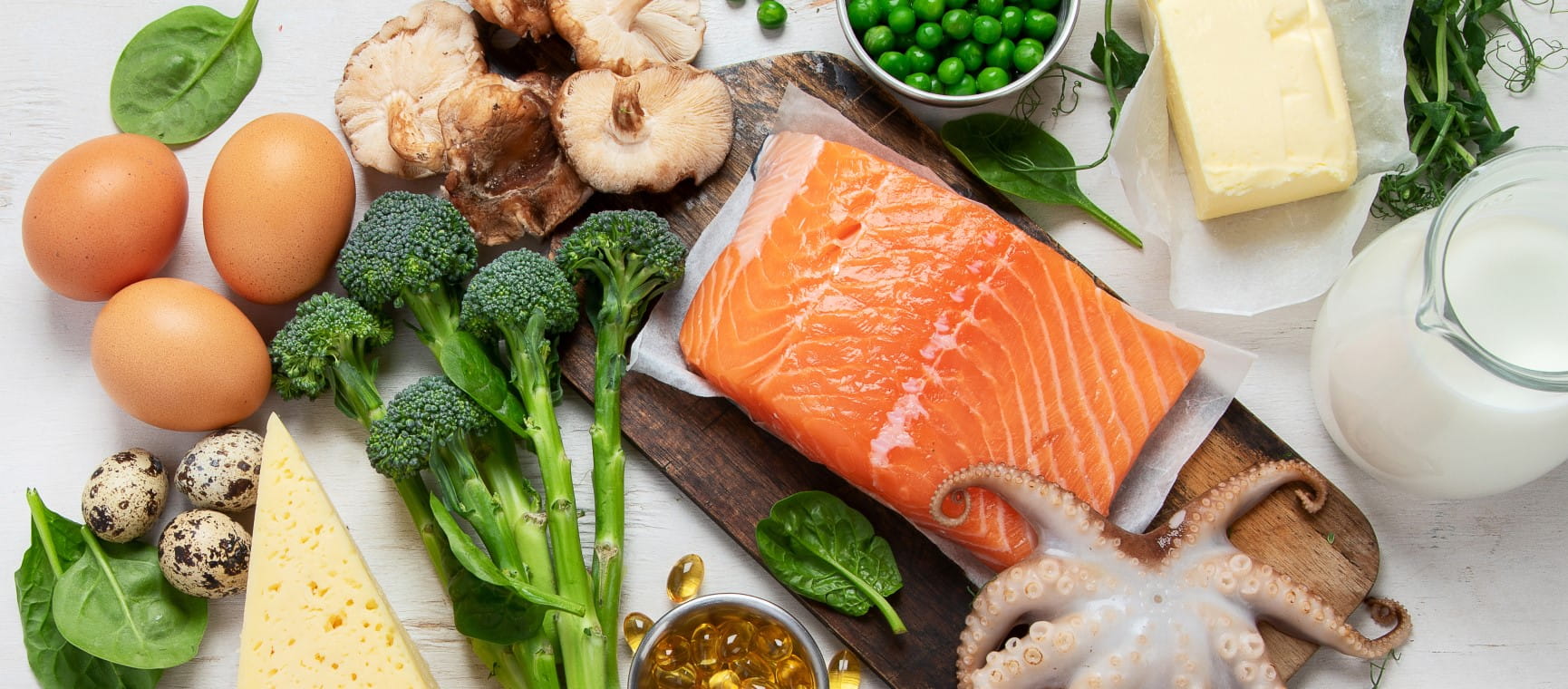
Sometimes it feels like we’re bombarded with a new diet fad every week, and that can make eating healthily feel like a real minefield. But there are certain things that we need to have in our daily diet, and protein is one of them.
As we get older, protein becomes even more important, so knowing what foods can provide your recommended amounts will make mealtimes easier.
Nichola Ludlam-Raine, a dietitian and author of How Not To Eat Ultra-Processed, says: “Older adults are at risk of muscle loss, a condition known as sarcopenia, which can lead to decreased strength, mobility and overall quality of life.
“Adequate protein intake helps to preserve muscle mass and strength, supports immune function and assists in the repair and maintenance of tissues, which is particularly important as the body’s regenerative processes slow down with age.”
Protein helps to grow, maintain and repair the tissues in your body, including muscles, skin, hair and bones, by breaking down into amino acids. It’s found in almost every part of your body and is also a source of energy.
Whilst people sometimes think that you need protein from animal sources, such as red meat and dairy products, in truth many plant-based options can offer you all the protein you need.
So are you getting enough protein? If not, take a look at the 10 foods to choose to get the protein you need and stay healthy too.
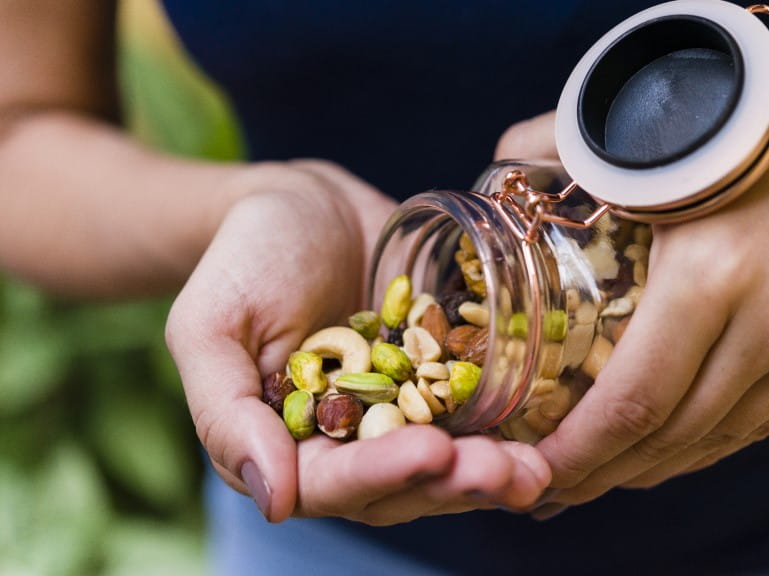
All nuts and seeds are good sources of protein. Most nuts and seeds also contain magnesium.
A 28g portion of pumpkin seeds has 5.3g of protein.
To put that in context, according to the official guidance, adults need 0.75g protein per kilo of body weight per day. This equates to 54g for the average woman weighing 72kg and 63g for the average man weighing 85kg.
But some experts have suggested that people over 65 need more protein – around 1–1.2g per kilo of body weight per day. That could mean 72–86g for a 72kg woman and 85–102g for an 85kg man.
Try adding them to curries, stews and salads or eat them in hummus (shop-bought or home-made). They will increase your fibre intake, too.
It used to be thought that plant proteins weren’t ‘complete’ proteins in the same way as meat, because they don’t contain all the amino acids. But it’s since been discovered that as long as you get a variety of plant foods in your diet, your body will get all the amino acids it needs. You don’t need to worry about eating foods in specific combinations.
An 80g serving of chickpeas (about a third of a can) contains 7.25g of protein.
Try oats, wholegrain pasta, rice and quinoa. Wholegrains are associated with heart health benefits too, while eating oats regularly is also linked to a beneficial effect on your cholesterol levels.
A 40g serving of oats has 5g of protein.
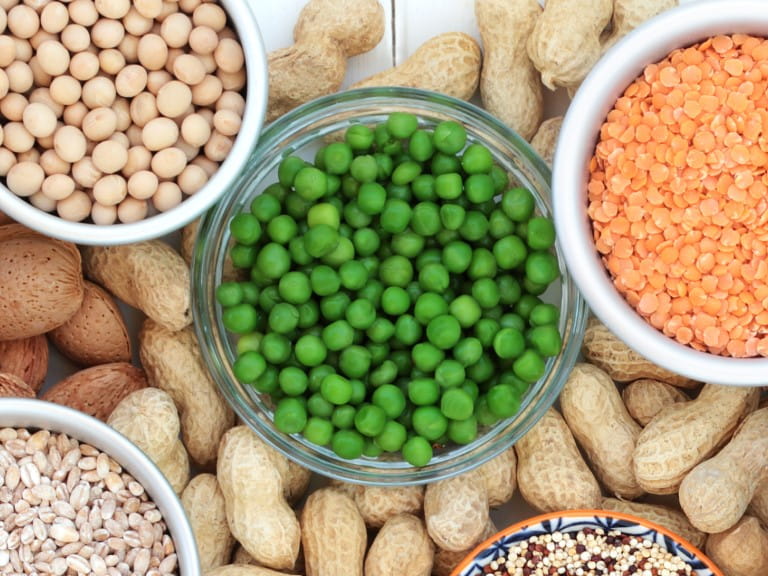
The humble pea is a great source of protein. All types of peas – including mushy peas, marrowfat peas, split peas and pease pudding – will add protein to your diet.
An 80g serving of cooked green peas contains 8.6g of protein.
These foods made from soya beans are ideal for vegetarians and vegans, and swapping animal proteins for plant proteins like these has been shown to have benefits for meat-eaters too.
If you haven’t come across tempeh, it’s an Indonesian food made from fermented soya beans. Tofu and tempeh can both be added to stir fries and curries – they have a mild flavour so they are best used alongside other ingredients and plenty of flavourings such as spices.
A 100g portion of tofu contains 17g of protein.
As well as offering protein, milk, dairy products and milk alternatives provide nutrients like calcium and vitamin D. If you’re choosing a plant milk, choose one which has been fortified with these nutrients and without added sugar.
A 100ml serving of semi-skimmed milk contains 3.6 of protein. A 100ml serving of soya milk contains 2.4g of protein (or around 5g if you go for one of the versions with extra protein).
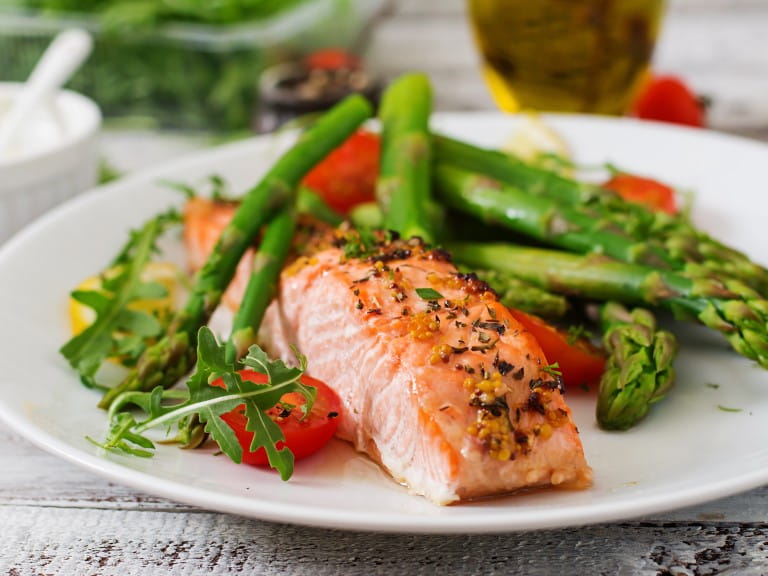
Salmon, tuna, cod, prawns, kippers, sardines and halibut are all high in protein, although any fish and seafood will help add protein to your diet, as well as helping us towards the recommended two portions of fish a week.
A 100g portion of salmon fillet contains 23g of protein.
Red meat is a good source of protein, but the NHS recommends that we don’t eat too much, as it can lead to health problems, including bowel cancer. If you regularly eat more than 90g of red or processed meat a day, it’s recommended that you cut down to 70g.
A 28g portion of beef has around 7g of protein.
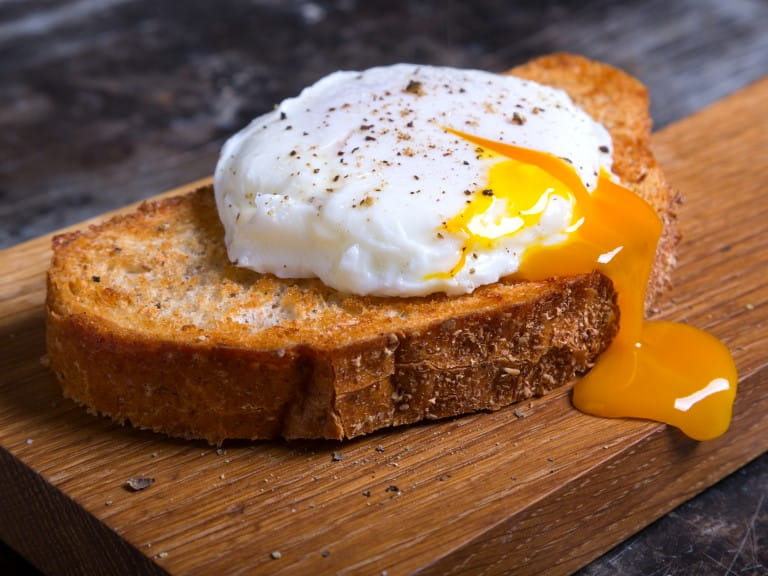
A single egg can contain up to 7.94g of protein, whether it’s boiled, poached, scrambled or in an omelette.
According to Ludlam-Raine, specially formulated protein products can be useful, but be aware of what products you choose.
“These can supplement protein intake if needed,” she says. “I often recommend protein water or protein powders based on either whey or a mixture of plants, such as rice and hemp, between meals or after a workout if a main meal is going to be delayed, or protein intakes are not being met through diet alone.
"When choosing protein powders, it's essential to select high-quality products without excessive added sugars, artificial additives, or fillers.”
Priya Tew, specialist dietitian from Dietitian UK, says that powders and supplements can have their place in a diet, but they’re not ideal sources.
“Ideally, I recommend you focus on food first, as then you are not just getting protein but a range of other nutrients, too. However, a protein powder can help if you know you are struggling to meet your needs."
Ludlam-Raine adds that it’s important to be aware that some ‘high protein’ foods are not healthy choices.
“Some products marketed as high-protein, such as certain protein bars, cereals and snacks, may contain high levels of added sugars, unhealthy fats and artificial sweeteners. These products often provide protein but lack overall nutritional balance and can contribute to excess calorie intake.
“It’s advisable to read labels carefully and opt for products with minimal added sugars and wholesome ingredients most of the time.”
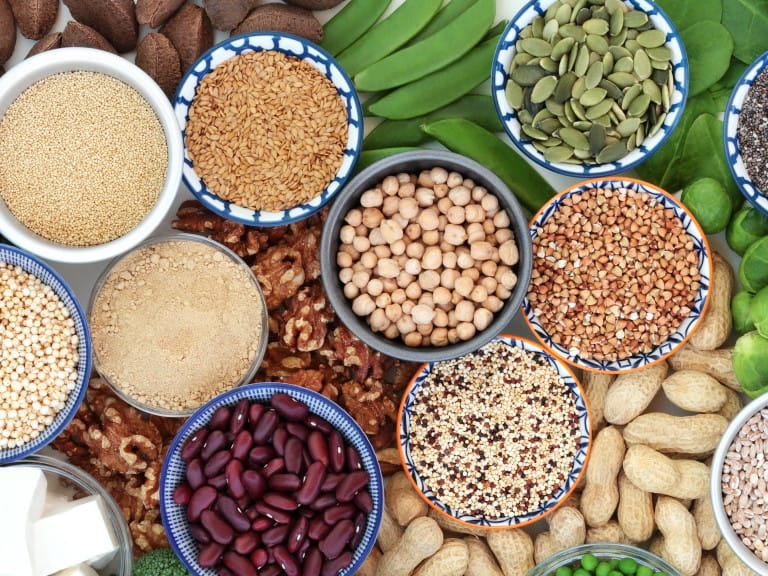
This isn’t a problem, according to Tew.
“Focus on plant proteins, from sources such as tofu, mycoprotein (such as Quorn products), and nuts and seeds,” she says.
“And also make sure you have protein in every meal.”
A study by the University of Sydney showed that perimenopausal women could potentially stave off weight gain by making sure their diet had enough protein.
This was because their bodies need more protein at this stage of their lives, but if those needs aren’t met, women are likely to overcompensate with other forms of energy. So, without enough protein, the body will crave calories in other forms to make up the deficit.
To make matters more complicated, the researchers suggested that women needed to eat less energy (in the form of carbohydrates and fats) and more protein, to compensate for the biological changes at menopause.

Find out about Saga's gastronomy holidays here...
They say the way to the heart is through the stomach, and Saga’s thoughtfully crafted food and wine holidays are perfect if you like trying new flavours and exploring traditional methods of cooking.

Click below for your chance to sail through Germany on board Saga’s stunning new ship, Spirit of the Moselle, worth £2,519pp.
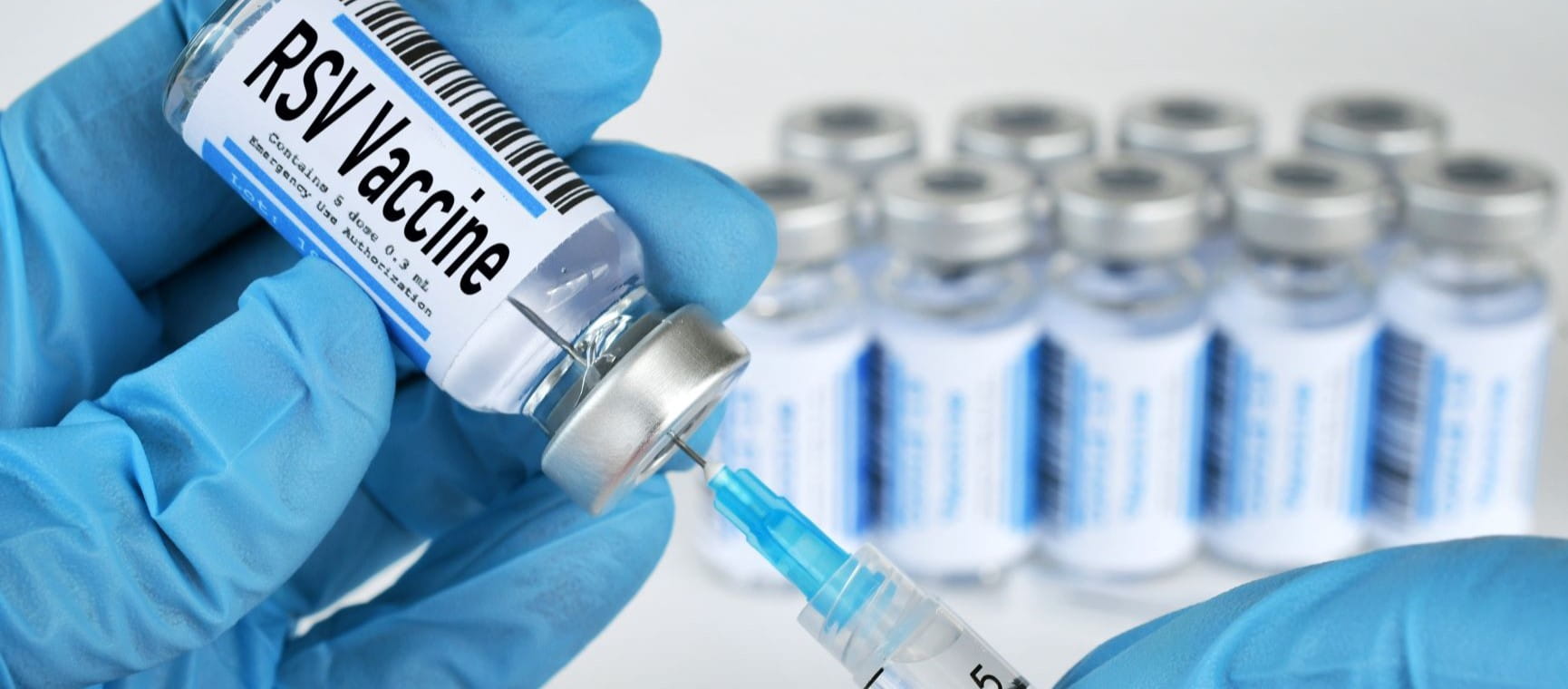
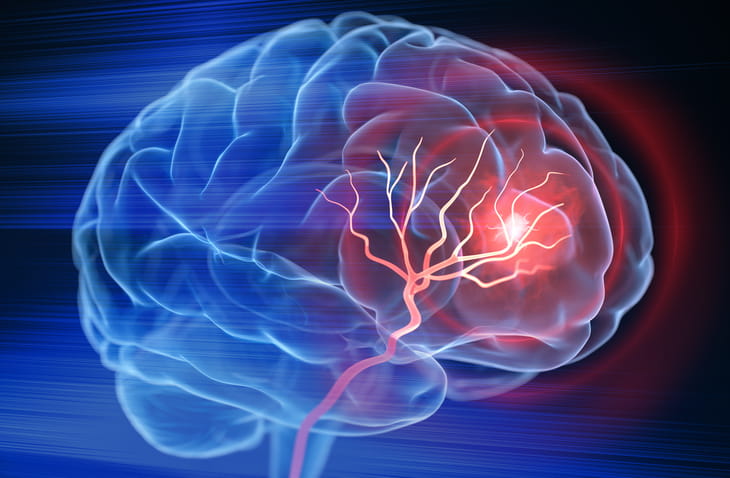
Facial weakness, a sudden headache and dizziness can all be signs of a stroke, we've got the facts from an expert.
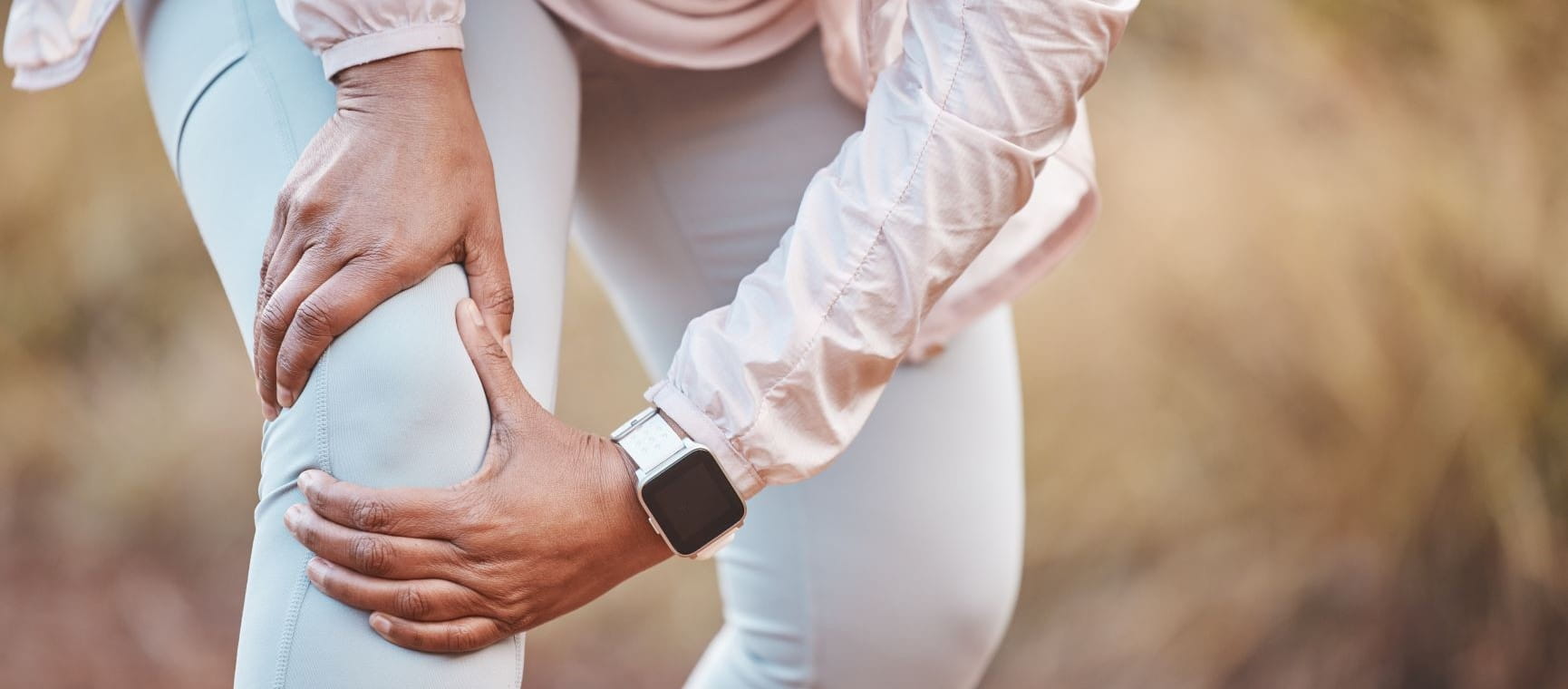
Knee pain is more common as we age: to help we've got the best advice from 3 leading experts with easy ways to make a difference.
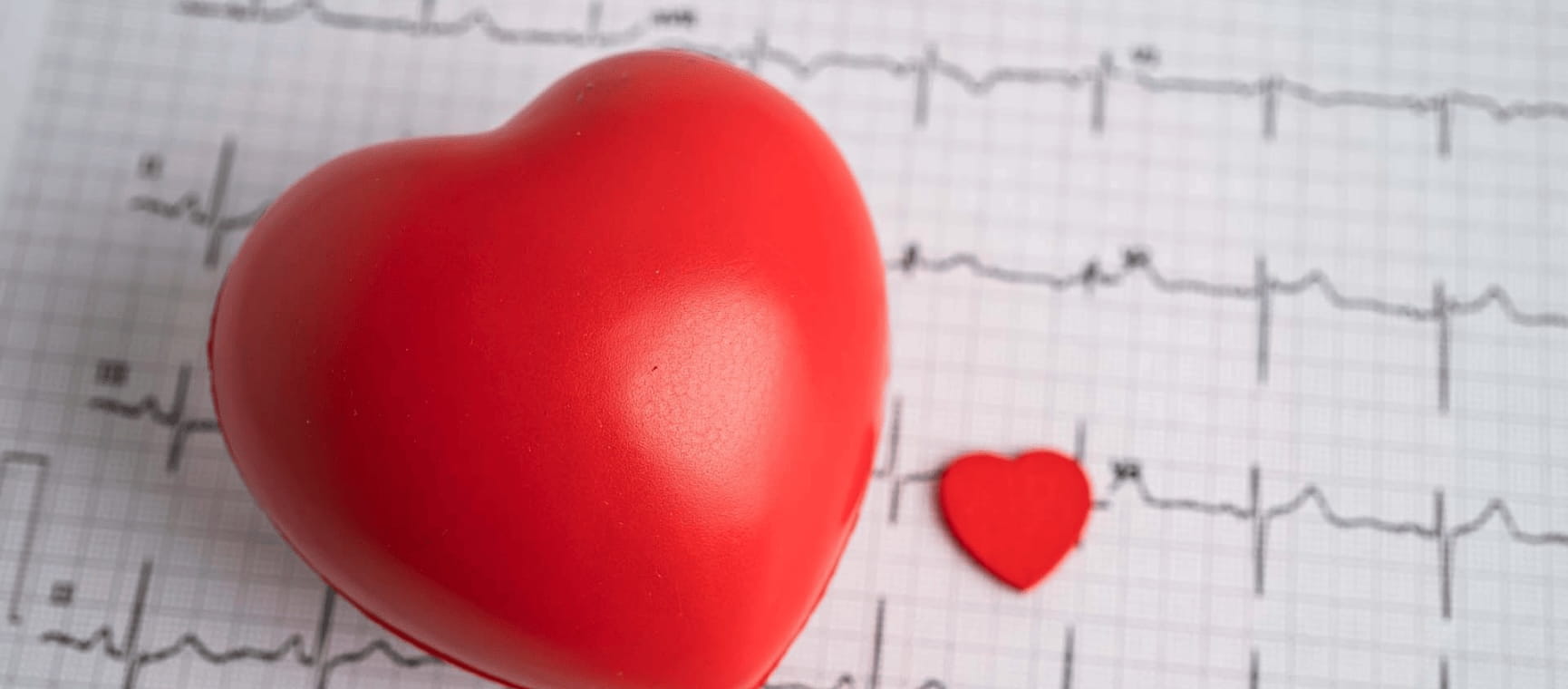
Do you know the symptoms of a heart attack? Here’s what to look out for, and how to prevent one.

Front, back or side? Which sleeping position is best for you as you get older, and which ones you should avoid

